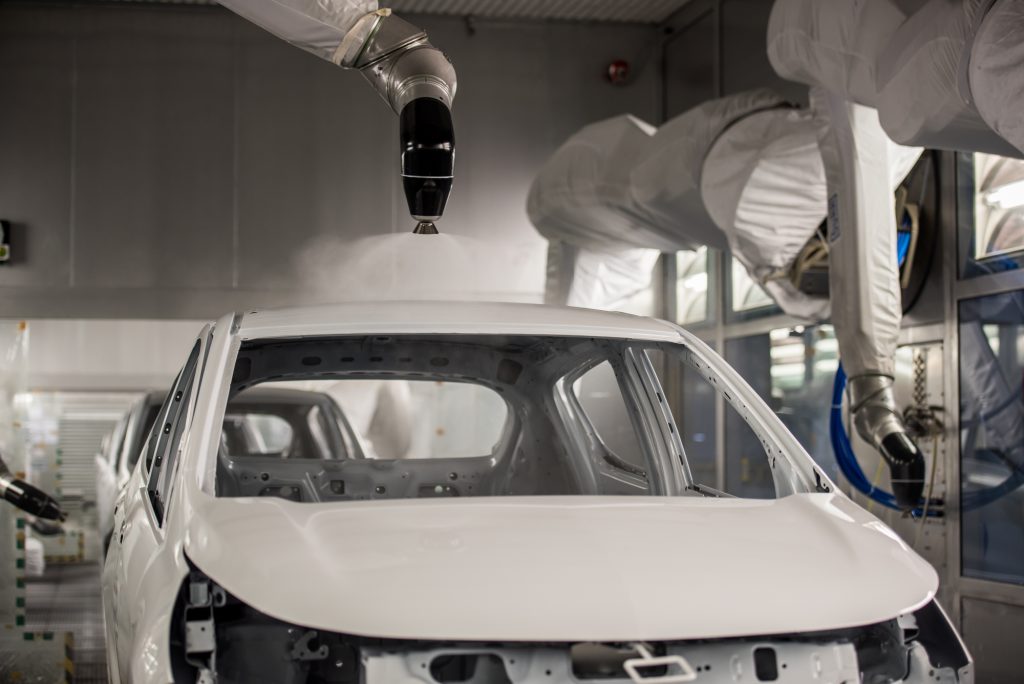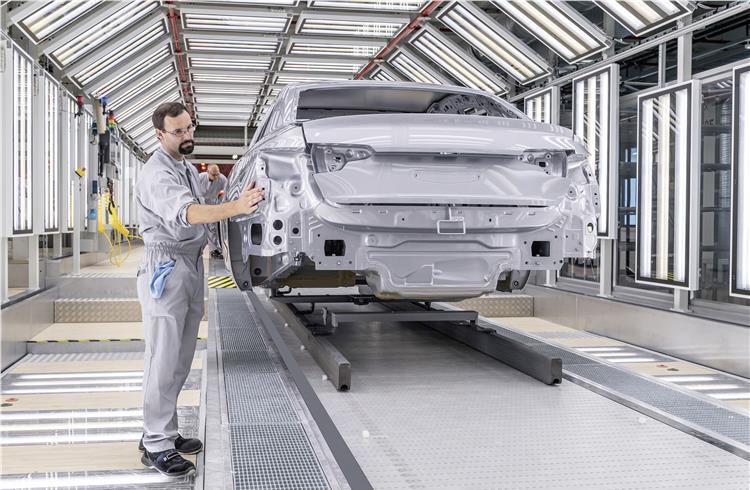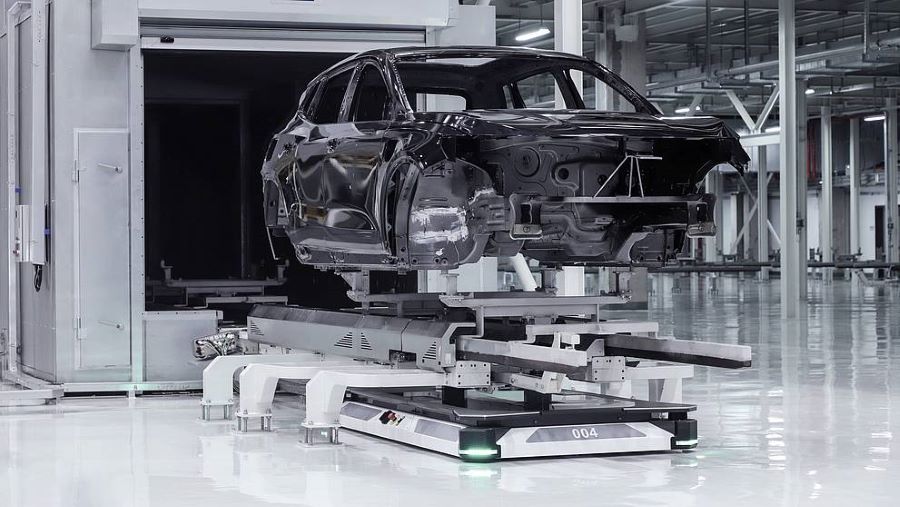In the ever-evolving world of the automotive industry, quality assurance (QA) professionals are always on the lookout for the next big advancement that can streamline processes and enhance outcomes. One such innovation is Artificial Intelligence (AI), which promises to revolutionize car paint inspection. This article delves into the significance of AI in car paint inspection, outlining how it works, its benefits, and the tremendous impact it will have on the industry.

Introduction to AI in Car Paint Inspection
Car paint inspection ensures that the vehicle’s paint job meets quality standards and is free from defects. Traditional methods of inspection have relied heavily on manual processes, which can be time-consuming and prone to human error. Here, AI steps in as a powerful tool to enhance precision and speed. The integration of AI technology in this domain marks a significant leap towards optimizing quality assurance protocols.
What is AI in Car Paint Inspection?
Artificial Intelligence is a branch of computer science that simulates human intelligence through algorithms and software. In car paint inspection, AI technology uses advanced imaging techniques and machine learning algorithms to detect even the minutest defects that can be overlooked by the human eye.
How Does AI Work in This Domain?
AI systems are trained using vast datasets of images, each tagged with information about the types of defects present. Through machine learning, the system learns to recognize patterns and anomalies, enabling it to identify imperfections with unparalleled accuracy. These systems often employ high-resolution cameras and laser scanning to create detailed images for analysis.
The Benefits of AI in Car Paint Inspection
- Enhanced Accuracy: AI systems can detect defects that are microscopic, ensuring a higher quality finish.
- Increased Productivity: Automated inspections are faster, allowing for quicker turnaround times.
- Cost Savings: Reducing the need for rework and minimizing human labor costs.
- Consistency: AI provides consistent results, free from human fatigue or subjective judgment.
Industries Benefiting from AI in Paint Inspection
The automotive industry is not the only sector benefiting from AI in paint inspection. Aerospace, electronics, and consumer goods industries also find AI inspection indispensable for maintaining the highest quality standards.
Case Study: Implementing AI in Automotive Paint Inspection
An example of an automotive manufacturer that has successfully implemented AI in paint inspection is Tesla. By integrating AI-driven inspection systems in their production lines, Tesla has significantly reduced paint defects and improved overall product quality. This case study sets a benchmark for other manufacturers to follow.
Challenges and Limitations of AI in Car Paint Inspection
Despite its numerous advantages, AI in car paint inspection does come with challenges. These include the initial cost of implementation, the need for substantial data to train the system, and the requirement for continuous updates to improve accuracy. However, the long-term benefits far outweigh these initial hurdles.
Overcoming the Challenges
Manufacturers can overcome these challenges by partnering with AI solution providers and investing in ongoing training and development. Moreover, as the technology evolves, costs are expected to decrease, making it more accessible for smaller manufacturers.
Future Trends in AI-Driven Car Paint Inspection
The future of AI in car paint inspection looks promising, with advancements in deep learning, image processing, and sensor technology paving the way for even more sophisticated inspection systems. The integration of AI with other technologies such as IoT and augmented reality will further enhance its capabilities.
Integration with IoT
Combining AI with the Internet of Things (IoT) enables real-time monitoring and data analysis, leading to proactive maintenance and quicker problem-solving. This integration will be instrumental in creating smart manufacturing environments.
Conclusion
In conclusion, AI has the potential to revolutionize car paint inspection, providing unparalleled accuracy, speed, and cost-effectiveness. As the technology continues to evolve, we can expect even greater advancements in this field, heralding a new era of quality assurance in the automotive industry. Industry QA professionals should embrace this technology to stay competitive and deliver the best possible products to consumers.

FAQs
How accurate is AI in detecting paint defects?
AI systems are incredibly accurate, often detecting defects that are invisible to the human eye. Their accuracy improves with more data and ongoing training.
What are the costs associated with implementing AI for paint inspection?
Initial costs can be high, but the long-term savings and increased efficiency make it a worthwhile investment. Costs are expected to decrease as the technology becomes more widespread.
Can AI systems be integrated with existing inspection processes?
Yes, AI systems can be seamlessly integrated with existing inspection processes to enhance accuracy and speed. Many manufacturers use AI as an additional layer of quality assurance.
